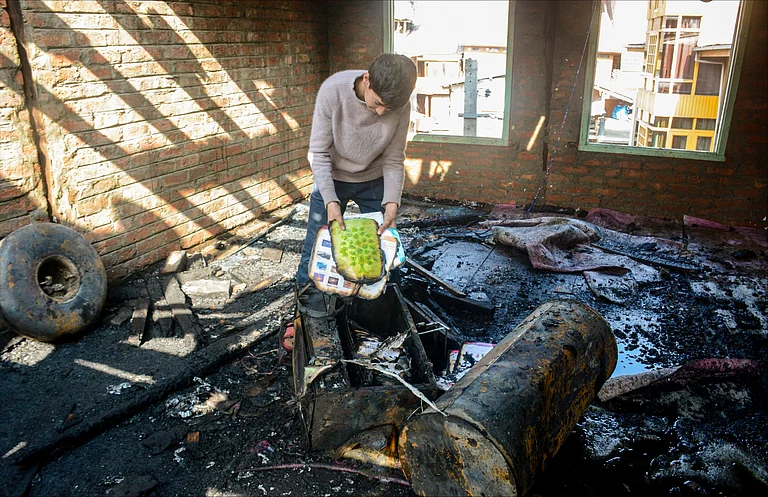Azerbaijan is hosting the United Nations' annual climate conference this year. With delegates from nearly 200 countries present in the country's capital - Baku - COP29 will have a major focus on the current climate funding and the renewal of the 1997 commitment of $100 billion from developed nations.
COP29 kicked off on November 11 and will continue till November 22. The key objective for Azerbaijan's presidency of the climate conference is towards ensuring the world avoids overshooting the 1.5°C temperature target and works together to stay below it.
As the global climate conference kicks off in Azerbaijan, here's all you need to know.
What Is COP?
COP refers to United Nations Climate Change Conferences. These conferences focus on world action on the ongoing climate crisis and the existential threat it poses to living beings.
As per UNFCCC, COP29 in Baku will focus on bringing "world leaders and negotiators from the member states (or Parties) of the UN Framework Convention on Climate Change (UNFCCC) to further global progress, with business leaders, young people, climate scientists, Indigenous Peoples, and civil society sharing insights and best practices to strengthen global, collective and inclusive climate action."
Why Azerbaijan?
Every year, the presidency for COP changes and is exchanged between the five recognised UN regions. For 2024, Azerbaijan has been selected as the president for the 29th COP summit.
As per the official website for COP29, Azerbaijan has developed a plan based on "two mutually reinforcing pillars to enhance ambition and enable action."
Before Azerbaijan, the COP28 presidency was handed over to the United Arab Emirates, and the next COP (COP30) will be held in Belém, Brazil
What Are The Major Objectives For COP29?
Delegates and representatives from nearly 200 nations will be present for the two-week-long conference in Baku. During the next two weeks, a key focus will be on addressing and creating a new climate funding goal.
In key COP agreements of Kyoto (1997) and Paris (2015), a target of $100 billion per year. At COP29, the aim is to increase the target to at least $500 billion if not $1 trillion.
Under the Kyoto and Paris Agreements, a group of nations categorised as the "high-income" and "developed nations" are expected to contribute the most to financing to combat climate change.
However, at this year's summit, the developed nations have asked for a revision of the "high-income" categories and the inclusion of other wealthy nations in Asia and the Gulf regions.
Along with climate funding, another key objective is the transition from fossil fuels. This objective carries on from COP28 in Dubai, which concluded with countries vowing to transition away from fossil fuels in energy systems.
For the next two weeks, government officials will also be working towards resolving rules for carbon credits and boosting transparency when it comes to climate action reports.



























